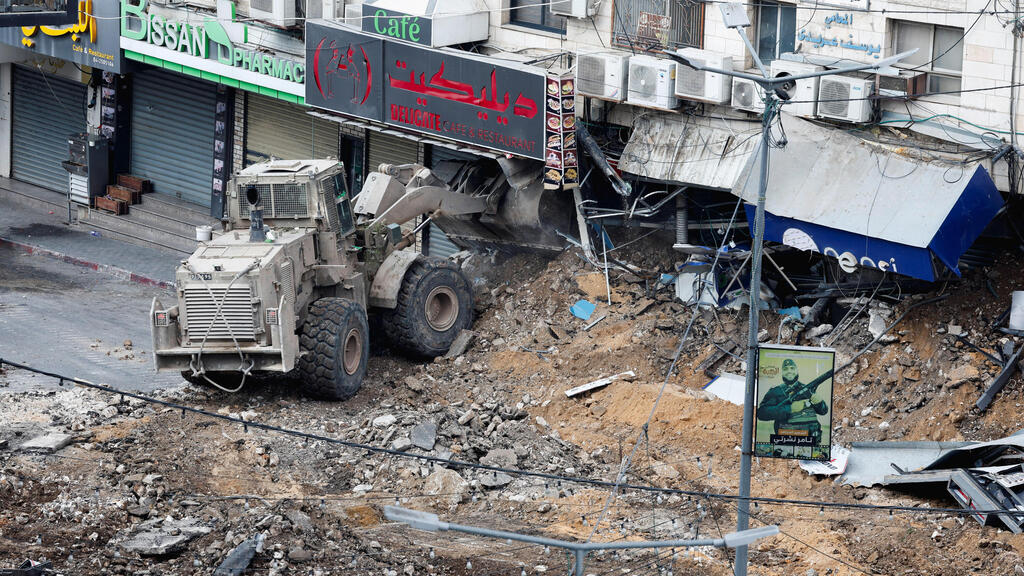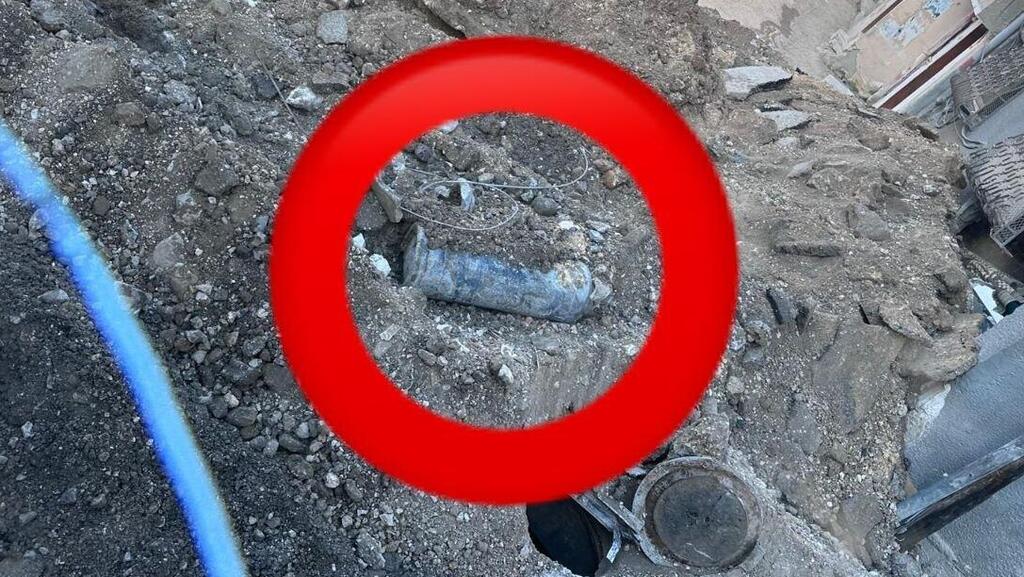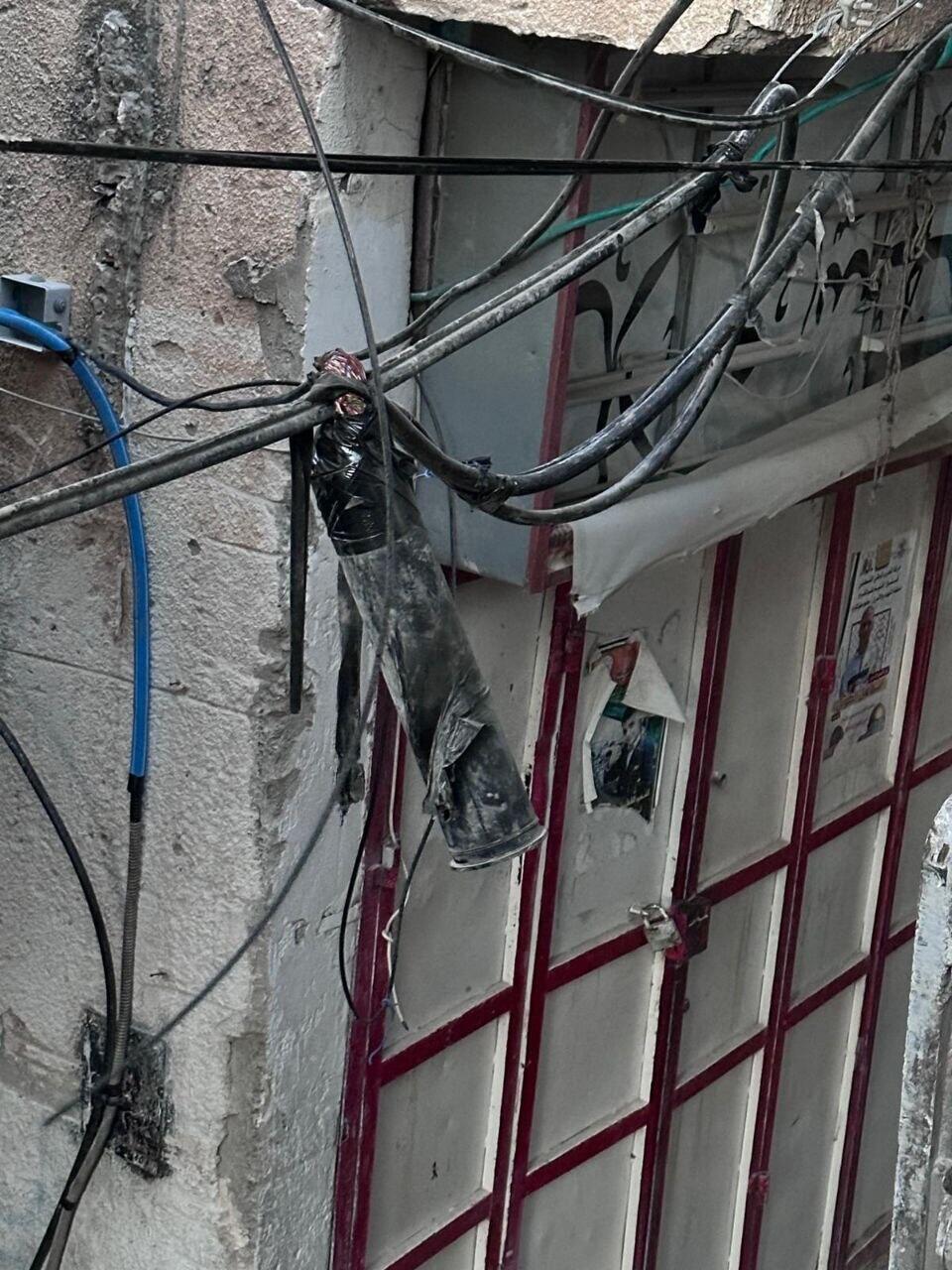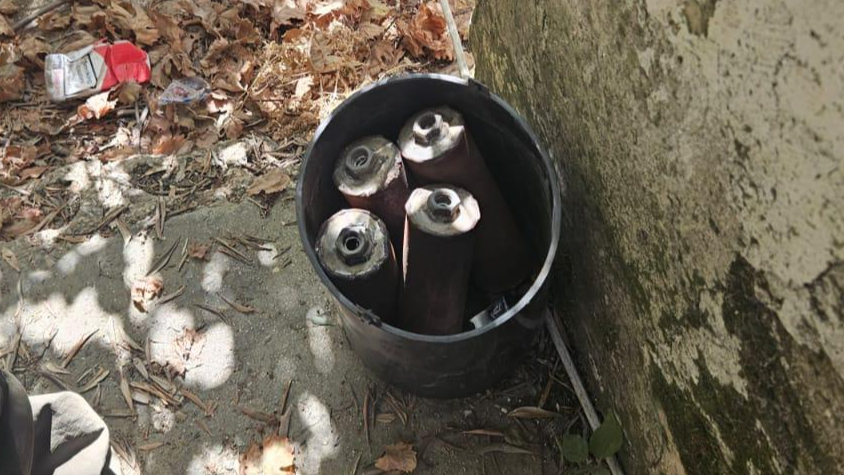Getting your Trinity Audio player ready...
Anyone familiar with intelligence reports or even just monitoring Palestinian social media wouldn’t be surprised by the recent surge in explosive attacks across the West Bank. The Shin Bet identified this trend months ago, warning that the nature of attacks in the area was shifting, with the threat of explosives intensifying.
Even before the war erupted, the Shin Bet had flagged a shift in tactics within the West Bank – from the shooting attacks that characterized 2022 to a proliferation of explosives and IED (Improvised Explosive Device) attacks.
This shift is largely due to the large-scale smuggling of weapons across the eastern border and the influx of Iranian weapons and funds into the area. Security officials believe that forces operating in refugee camps may eventually encounter military-grade explosives, which are far more deadly than the improvised bombs currently being made in makeshift labs throughout the West Bank. So far, however, Israeli forces have yet to encounter such standard explosives.
“You can take two gas canisters, attach some wires, put them in a car – and you’ve got a car bomb. It’s not complicated for the terrorists,” said a security official involved in IED-clearing operations in the northern West Bank. He noted that terrorists have also used children to transport materials needed to assemble these bombs.
The threat of explosives can be divided into two distinct, yet equally concerning, categories. The first involves the bombs encountered by IDF soldiers within refugee camps – pipe bombs, improvised explosives weighing tens of kilograms, bombs thrown at soldiers, and those buried in the ground. The IDF’s Central Command is responding with aggressive operations deep within these camps, deploying engineering units with heavy equipment to clear paths, uncover IEDs, and neutralize them. Most of these explosives are intended to detonate along routes in Israeli communities, but the IDF’s goal is to eliminate them within Palestinian areas before they reach Israel.
Criticism is mounting from the Palestinian side regarding the damage caused in these operations, with accusations that the IDF is deliberately targeting infrastructure, such as water and electricity, within the camps. However, it’s important to note that IEDs have been found near sewage lines, electrical cables and other key infrastructure.
Despite the intelligence and heavy machinery, the IDF has also suffered casualties due to IEDs in these camps. For instance, Border Police officer Shai Carmi was killed by an explosive device in a military vehicle during an operation in Jenin in January, and Captain Alon Skagiu, a sniper platoon commander in the Haruv Reconnaissance Unit, was killed by an IED during an arrest operation in Jenin in June.
The second category of the explosive threat involves those devices that make it out of the camps and into Israeli communities, roads and cities. A look back over the past few months reveals the full picture – what begins in the West Bank often reaches deep into Israel. Even before the war, IED attacks began to surface in the West Bank, a trend that has escalated since October 7.
A month into the war, IDF soldier Elchanan Klein was killed in a shooting attack near the West Bank settlement of Einav. The attackers rigged the car they fled in with explosives, which detonated on the soldiers pursuing them, injuring several. In February and March, numerous IED attacks occurred on the road leading to the settlement of Homesh in the northern West Bank, injuring several soldiers, with some students at the local yeshiva narrowly escaping harm. In April, a car bomb was defused on Route 55 after the attacker abandoned the vehicle following a shooting.
5 View gallery


IDF's heavy machinery clearing roads in Jenin rigged with explosives
(Photo: Reuters)
The recent surge in car bombings and other explosive attacks, including a suicide bombing in Tel Aviv, underscores the deadly potential of these improvised devices. These IEDs, though made with dual-use materials like fertilizer and glycerin – normally used for civilian purposes like agriculture – can cause significant destruction and loss of life.
The IDF’s Central Command has launched a campaign against these materials, marking their seizure as a key objective. The military has already carried out several operations targeting these substances, which are used by terrorist organizations to make explosives. On Monday night, for example, soldiers from the 7014th Battalion seized around 30 sacks of fertilizer and detained several suspects in the Etzion bloc.
The greatest concern now is the possibility of a large-scale attack involving military-grade explosives smuggled through the eastern border or by other means. The Shin Bet and IDF have been working for months to dismantle the IED infrastructure, destroy bomb-making sites, and arrest the terrorist networks responsible for manufacturing, transporting and detonating these devices.







